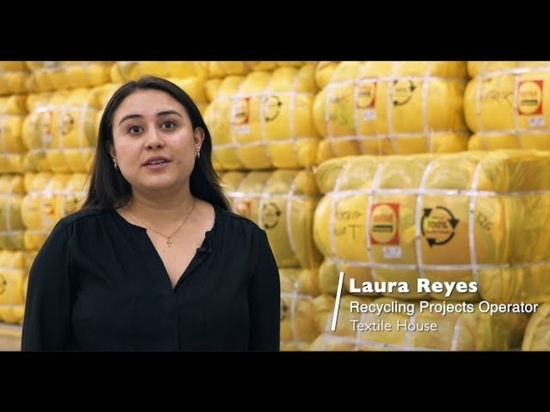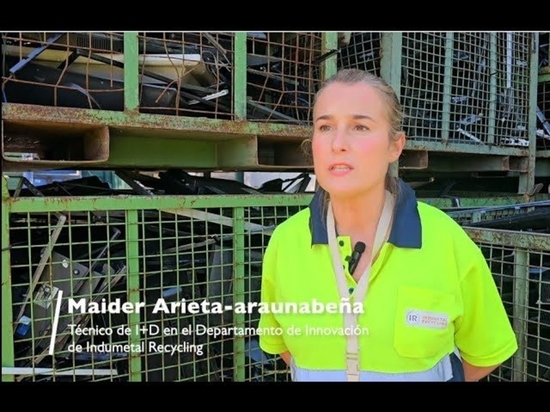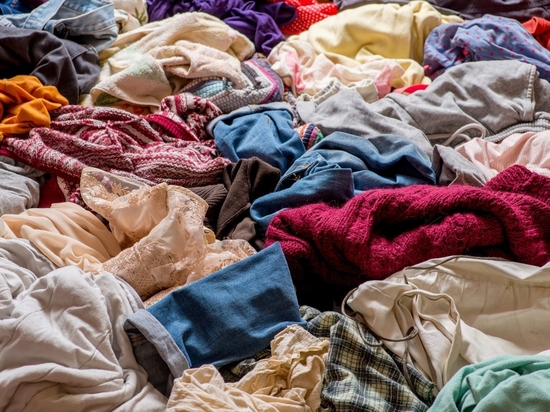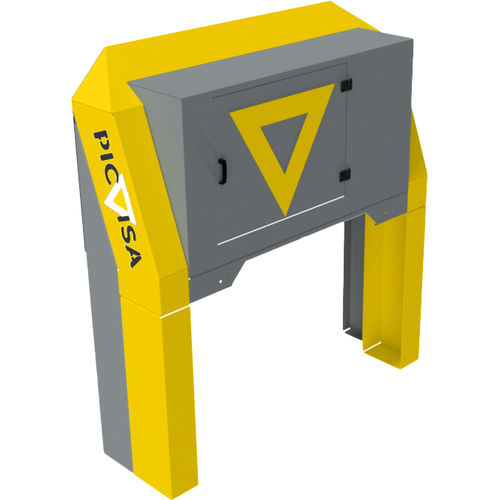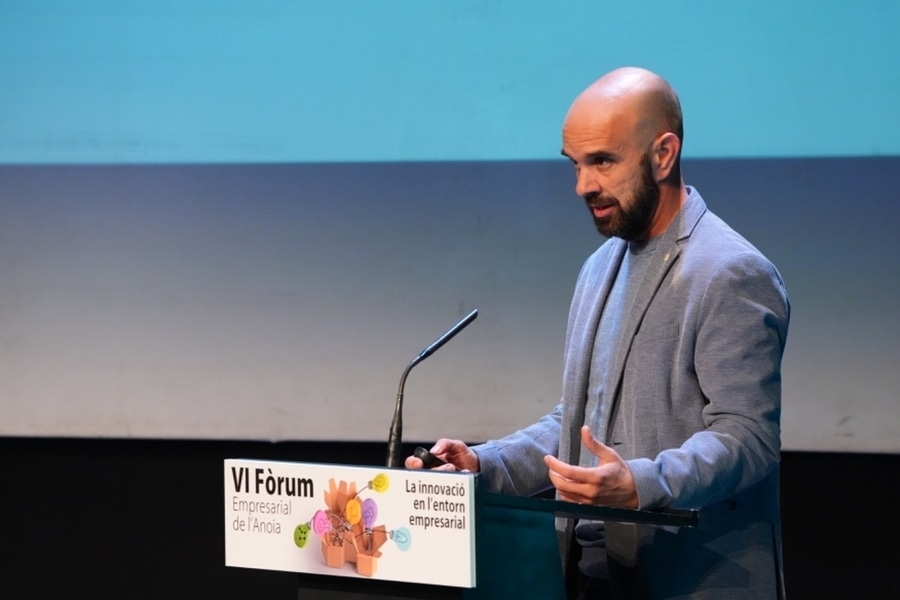
#Industry News
SORTING THE FUTURE: 20 YEARS OF TECHNOLOGY IN SERVICE OF RECYCLING
SORTING THE FUTURE: 20 YEARS OF TECHNOLOGY IN SERVICE OF RECYCLING
Interview by Chat GPT with Luis Seguí, Managing Director of PICVISA.
PICVISA has come a long way, from its humble beginnings in a garage in Igualada, where they experimented with ceramic quality control, to becoming a reference in glass and packaging recovery in the Iberian Peninsula and Latin America, and a pioneer in textile waste recovery.
Thanks to cutting-edge technologies, PICVISA has demonstrated its ability to innovate and adapt to market needs. Now, after 20 years of uninterrupted work and presence in 16 countries, we wanted our Managing Director, Luis Seguí, one of the company’s founders, to face a challenge of the present. Since it is evident that artificial intelligence is an intrinsic part of PICVISA’s DNA, in this post, we wanted Luis to be interviewed by one of them. This has been the result:
1. Since the garage where PICVISA was born in 2003 until today, how has the concept of innovation changed in these 20 years?
The spirit has not changed, but our methodology has changed a lot. Today, PICVISA has an R&D development plan fully aligned with its medium-term strategic plan. What at the beginning was more about acting on instinct and more action-based on day-to-day vicissitudes has now become a structured and thought-out method to include suggestions from throughout the company and market to meet the company’s milestones to fulfill its strategic plan.
2. You are a pioneering technology company in the recycling sector and in the incorporation of Artificial Intelligence. What does it demand and contribute to your teams and processes to work day by day in such a cutting-edge environment?
On the one hand, the work is exciting because we are always in constant evolution. On the other hand, it demands selecting projects well since we cannot disperse too much development resources, which would make us lose our commercial focus. We are a small company in our sector and must measure well where we allocate our development resources. However, we are an agile and fast company, as evidenced by our work for the incipient textile recycling sector, which puts us in a pioneering position and competitive advantage in the sector.
3. Currently, Artificial Intelligence seems to do everything alone. What technologies are involved in developing your products and services to configure such a complete value proposition as yours?
We apply AI to object recognition in images. We train our neural networks to open applications that were stagnant for years due to limitations of the technologies to date. We recognize objects that until now could not be identified, which allows us to recover them and prevent them from ending up in the landfill. AI is currently a fully industrial technology, but it is only in the early stages of its application to recycling. In the coming years, it will be consolidated and give rise to numerous new applications that will optimize recycling processes.
4. Considering your experience and international presence, which countries would you highlight for their commitment to sustainability in general and the circular economy in particular?
Europe, in general, is a pioneer and the most committed region to the circular economy. Within Europe, the most committed countries are in Central Europe. They devote more investment to waste treatment infrastructure and sustainability initiatives.
5. If we talk about industrial and economic sectors, which sectors currently need the most to promote recycling, and which sectors are taking advantage of it better?
The textile and construction and demolition sectors are the great forgotten ones in terms of recycling and have a great impact on our planet’s sustainability. The textile sector has started a race to catch up, driven by the European directive which, among other things, determines the selective collection of post-consumer textiles in cities and begins to articulate the extended producer responsibility that will allow for organizing the entire recycling value chain. In the coming years, there will be a great investment in this sector.
As for C&D, it is in a more initiatory phase and as always, it will depend on the landfill costs that, in most countries, is still too cheap.
6. Your commitment to the Circular Economy is part of your DNA and it is clear that you are an indispensable agent of change for the ecosystem, how far do you think we are from making recycling the first step in production processes instead of seeing it as the last one?
I believe that society is increasingly aware that recycling begins in the design of products and in the responsibility that companies have when putting them on the market for their recycling. We also see in recent years how brands are increasingly interested in applying recyclability criteria to their designs. However, we are not advancing fast enough, and if we think globally, developed countries are a mirage within the global planet. Considering that a large part of the world’s population resides in developing countries, we must find ways to advance more rapidly.
7. Complete the sentence: A world with fewer waste is a … more sustainable world.
8. Twenty years is nothing, as the bolero says, what do you think is the musical genre that best defines the current reality in your sector?
Our sector is a constant roller coaster ride, be it due to legislative reasons, pandemics, or other factors, so I think Rock & Roll defines it well.
9. Give a title to the article that we will write to celebrate your 20th anniversary.
WE ARE IN THE PRIME OF LIFE
There is little more to add. PICVISA celebrates its 20th anniversary with the certainty that there is still much to do, but with the determination and entrepreneurial spirit that has brought them here. Now on to the next challenge.


